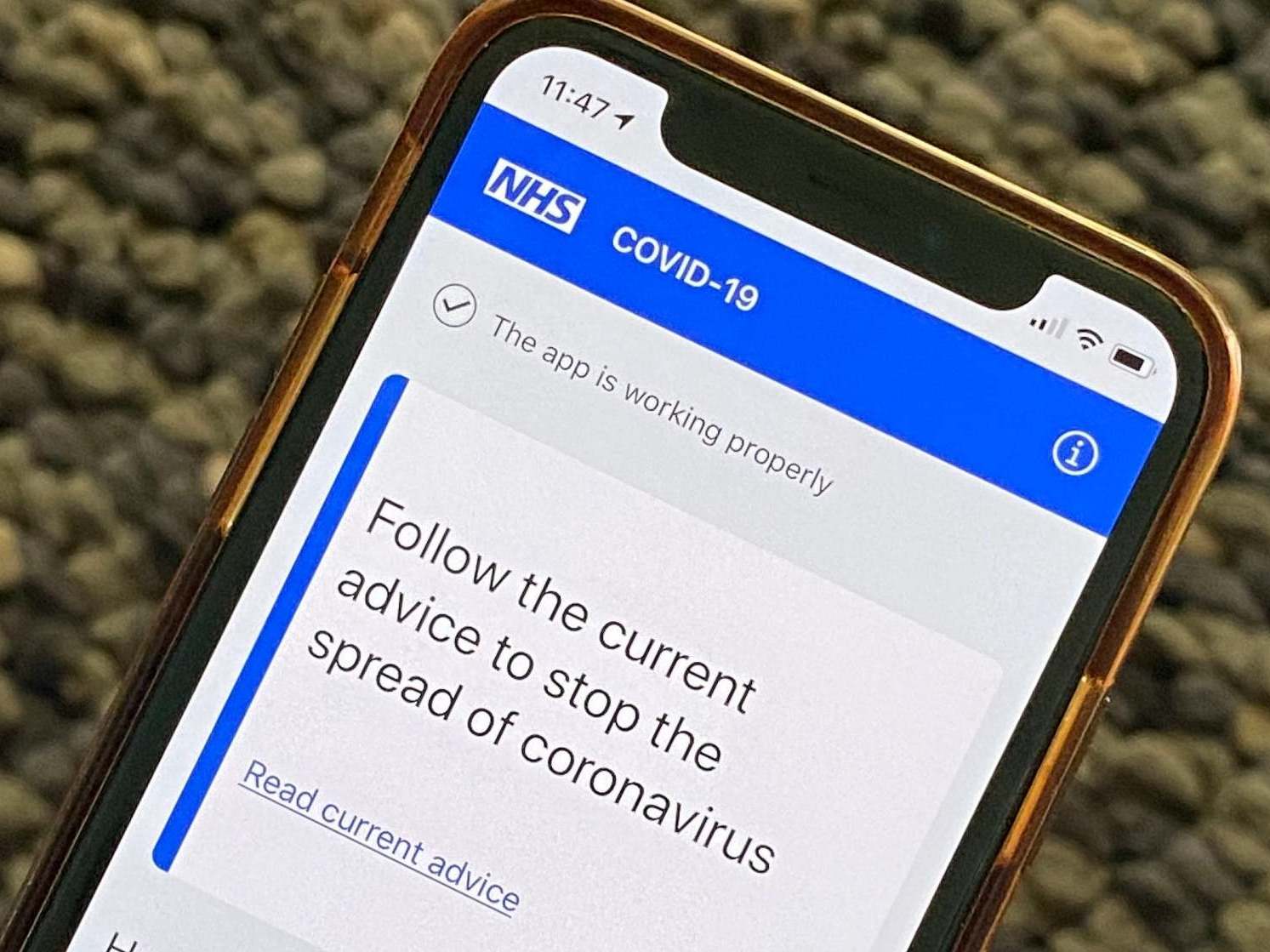Why did ministers not ditch their doomed coronavirus app sooner?
Analysis: It was clear from the start that there were obstacles the UK government would not be able to overcome, writes Andrew Griffin


The government has finally admitted that it will have to fundamentally change course on its coronavirus contact-tracing app, switching to Apple and Google's system and a decentralised model that should allow the app to finally sit at the heart of the government's track and trace strategy, as it was supposed to.
The decision to change tack represents a major success for all those who had been yelling – in some cases for months – that the initial course of action left Britain heading towards disaster. Technology experts, privacy specialists and just about anyone who paid much attention to the development of the app, have been proven right in pointing out that the plan was doomed to failure, and the government deserves some small credit for finally admitting that.
But that admission follows a disaster that should concern anyone who relies on the government’s approach to the coronavirus to keep them safe. It is a test that they have decisively failed, for entirely avoidable reasons.
The app in its current form failed as a consequence both of bad principles and overlooked practicalities; as is so often the case in technology, each informed the other. The principle at stake was the fight between the centralised and the decentralised model.
In the centralised model, phones would send information to a server, controlled by the government, which would store data in one place.
The UK chose this approach for what seemed like honourable reasons: that data would be available to epidemiologists and other experts who wanted to study the disease, so that they could, for instance, watch for any hotspots or track the effect of particular events. Critics argued that the same powerful data could be used for bad, too, since it would be available to hackers or governments that wanted to use it to watch or control people.
The principles collided with practicalities when it became clear that Apple and Google would not support the app, and that they would only give their backing to a decentralised model in which data is stored on the phones and thus protected from governments or anybody else. As soon as that happened, the government’s plan was doomed to failure.
Still, the UK did not reverse course. Various officials and politicians continued to insist that the app would work, that a workaround had been found – each statement was followed by rebuttals from tech experts, and then yet more statements, and yet more rebuttals.
There are questions to be asked about whether Apple and Google should be able to wield so much power. The fact that they are arguably on the right side in this dispute does not do away with the underlying argument that they should not have been able to stand in the way of the government’s approach so easily. Although the technology companies have, in this case, worked to temper overreach and steer the government back on course, it is perhaps worrying that we had to rely on Apple and Google to do so.
The best-case scenario now is that this new approach works – that both the app and the broader situation improve, leaving this as an unfortunate diversion on our way to recovery. We should hope that this matters as little as possible, and that we are able to move on with a better app.
Amid that, however, we would be right to ask how this situation could ever happen in the first place – why did the government pursue such a reckless plan, and continue to do so in the fact of clear indications that it would end in failure?
Whether the failure was a result of arrogance, stubbornness, corruption, simple bureaucratic blundering, or some combination of them all is a question that could reveal deeper problems in the way our government works.
As The Independent’s Jon Stone has pointed out on Twitter, the app project was a very neat test of different nations and their governments: each was faced with a very similar challenge, and came to meet it with much the same resources. It is a test that the UK has failed.
It will not be the last time the government faces such a challenge, or the last time it tries to solve it using technology. But we deserve to be able to trust that the best is being done to ensure we are not let down again in such a clear, preventable way.
Join our commenting forum
Join thought-provoking conversations, follow other Independent readers and see their replies
Comments